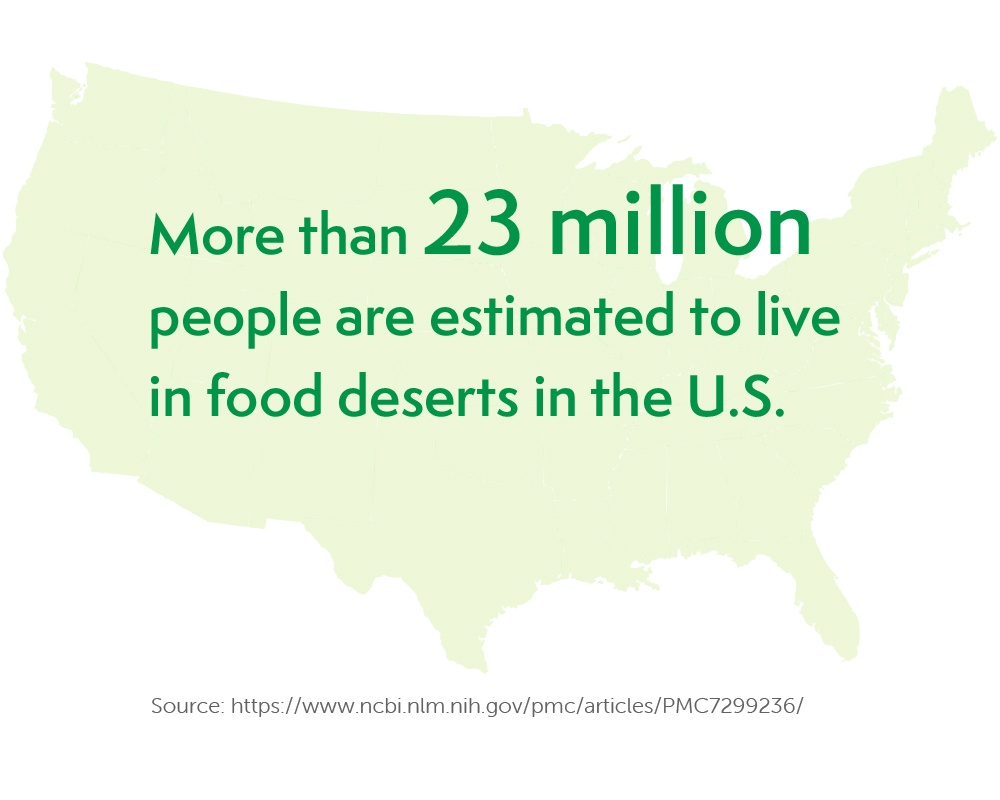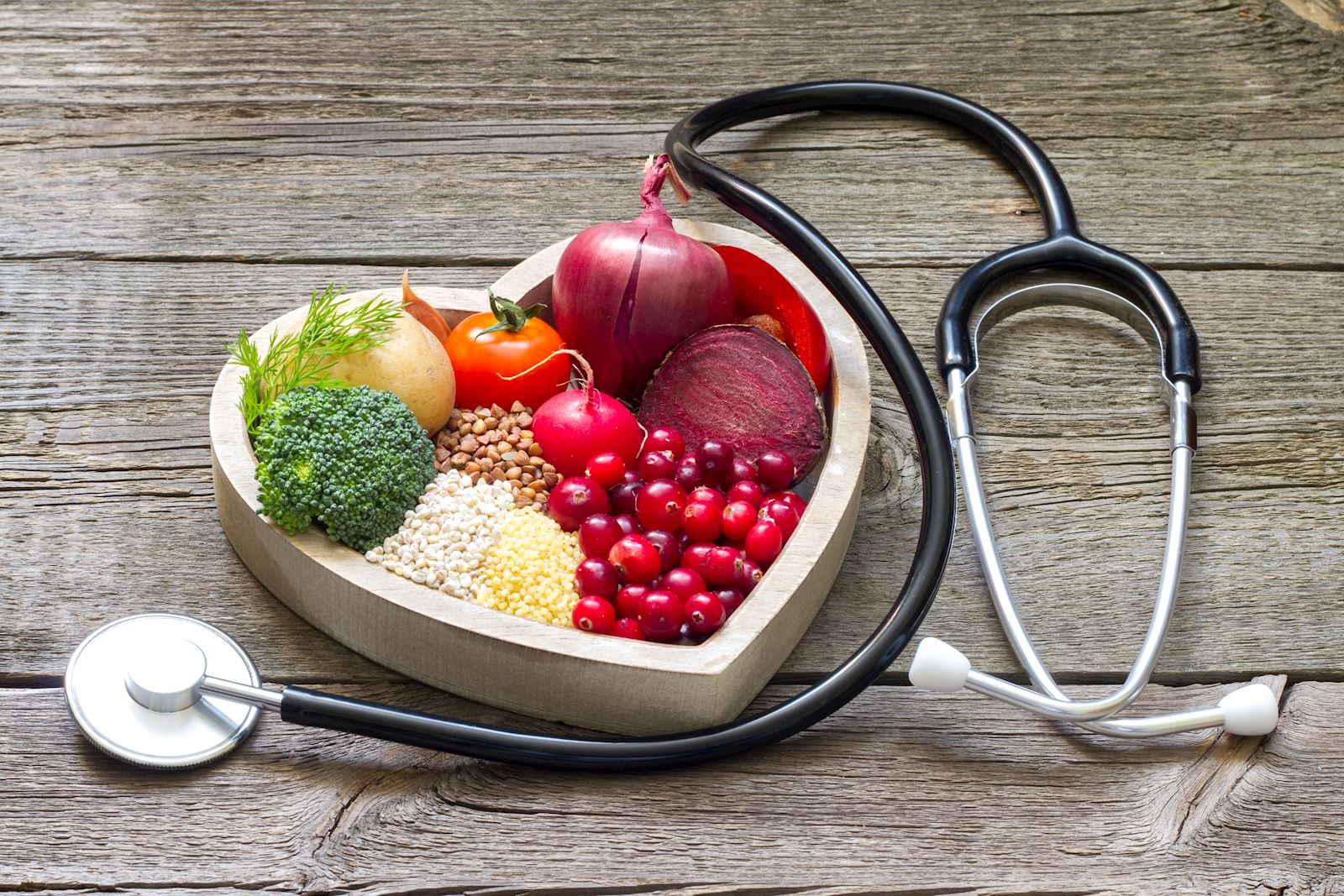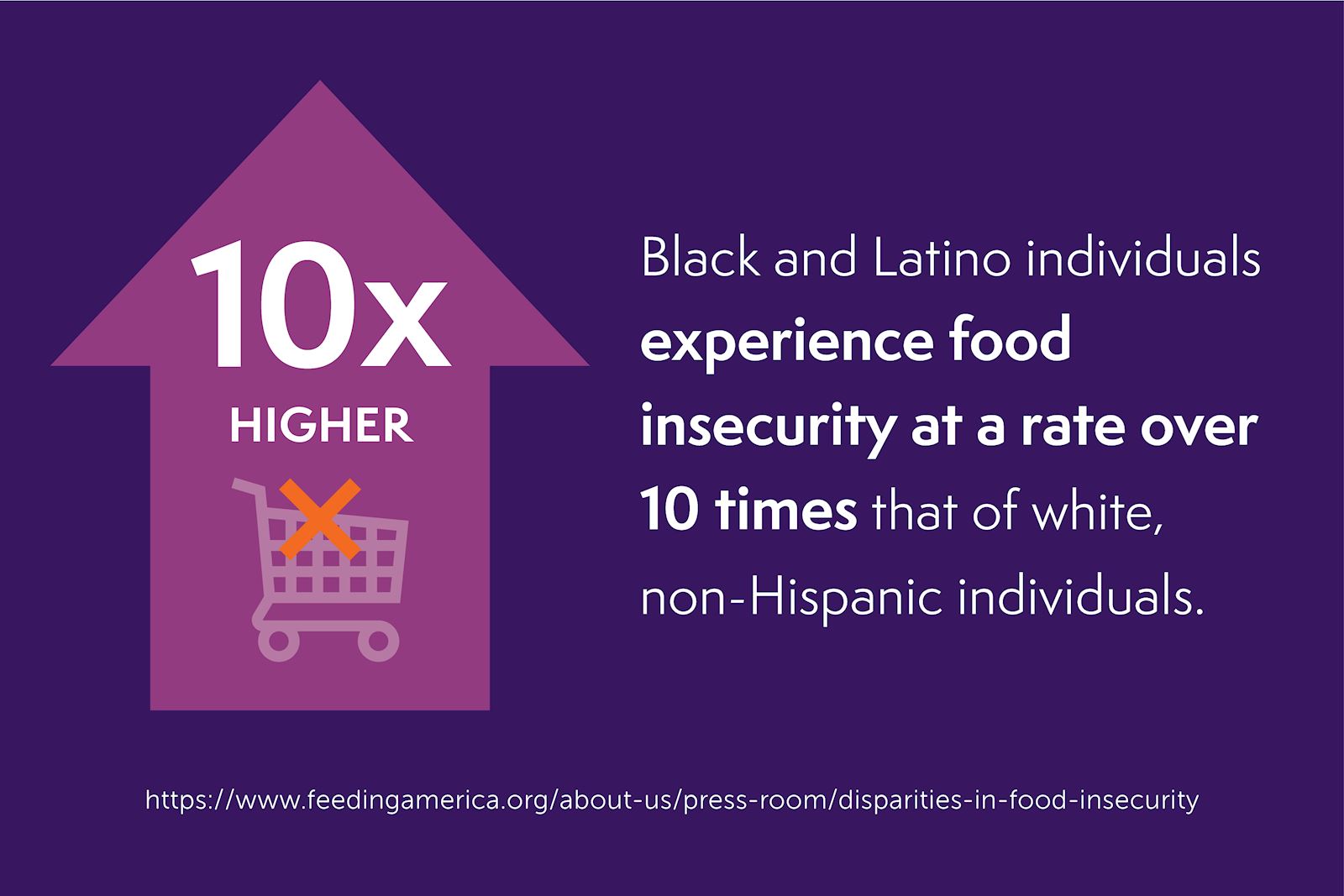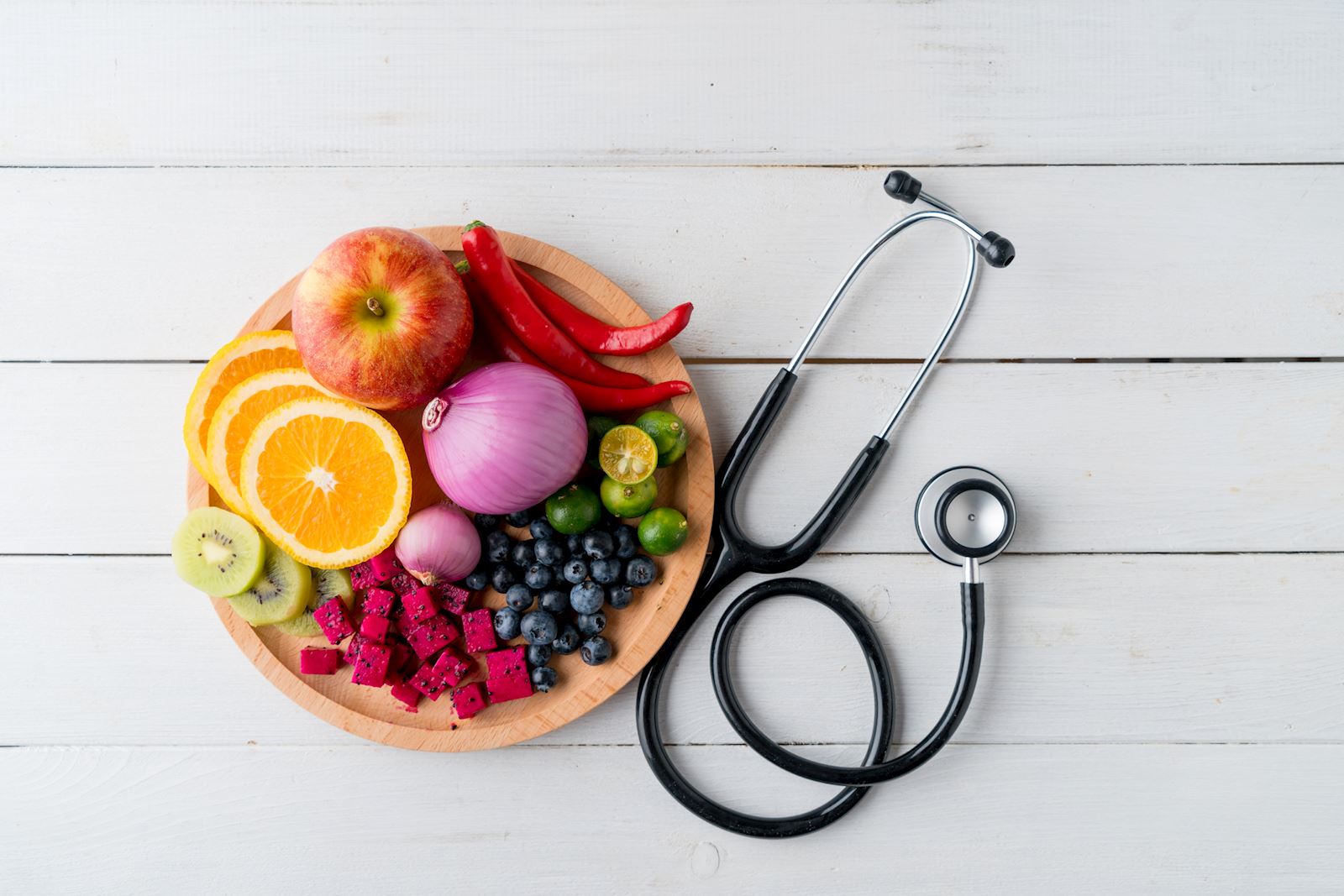What puts someone at risk for chronic kidney disease (CKD)?
Three factors play a big part:
- Having diabetes or heart disease
- Being 60 years of age or older
- Being obese
But did you know having a car and how far someone lives from a full-service grocery store are also factors in one’s risk for developing CKD? These are just a few of the conditions related to where someone is born, grows up and lives that affect a person’s health. They’re called social determinants, or social drivers, of health (SDOH) and they underlie many of our nation’s most serious health care issues.
Three examples of how SDOH affects people with CKD
SDOH 1: Food insecurity
When someone doesn’t have a reliable way to get nutritious food it’s called “food insecurity,” and it’s a key SDOH. A U.S. Department of Agriculture report noted in 2023 47 million people lived in food insecure households. Lacking enough money to buy food and not having transportation to access food are two big drivers of food insecurity.
Without enough nutritious food, managing a chronic illness is difficult. That’s particularly true for CKD patients who should eat a carefully balanced diet of fresh foods, lean proteins and certain vitamins and minerals to reduce stress on their kidneys.
SDOH 2: Employment
A steady job with a decent wage is the foundation for having shelter, food, safety, access to services and more. If someone living with CKD is on a tight budget due to lack of employment or underemployment, food insecurity is a big concern — but so is health care. Without access to regular health care, it’s difficult to get an accurate, early diagnosis of the condition and afford the regular monitoring and prescriptions that help keep CKD in check.
SDOH 3: Geography
 Many people live in “food deserts” with few, if any, stores selling affordable, nutritious foods. Without reliable transportation, they may also live in neighborhoods that are “food swamps” that have an abundance of fast food or junk food outlets, but not high-quality food. While they may be easy to access, most of the options they offer — highly processed foods and sugary drinks — are poor nutritional choices for people with CKD and other complications including diabetes and heart disease.
Many people live in “food deserts” with few, if any, stores selling affordable, nutritious foods. Without reliable transportation, they may also live in neighborhoods that are “food swamps” that have an abundance of fast food or junk food outlets, but not high-quality food. While they may be easy to access, most of the options they offer — highly processed foods and sugary drinks — are poor nutritional choices for people with CKD and other complications including diabetes and heart disease.
The nutrition solution
These three examples are just the start. Other SDOH — including education, equity issues and access to health care — only compound the challenge for people living with CKD. What’s the solution? It’s complex, but one thing is proven to make a critical difference for people living with CKD: nutrition.
Getting the right nutrients can help control blood pressure as well as keep blood sugar and cholesterol levels in check — which can ultimately protect against diabetes and heart disease. A healthy diet was associated with a 30% lower incidence of CKD. Another study reports that food insecurity can also lead to increased health care costs for those who can least afford it. The study shows that food insecure households spend 20% more on medical care than people in food-secure households.
By incorporating a home-delivered, medically tailored meal benefit for patients with chronic conditions like CKD, health plans can address access, equity and financial issues for members while improving health outcomes and total cost of care.
Resources for you
Renal-friendly meals
Mom’s Meals®
White paper
Nutrition plays an essential role in one’s overall health and well-being. In Nutrition's Impact on Kidney Health, find out how maintaining a nutritious diet has been shown to help prevent and slow the progression of kidney disease, as well as other chronic conditions that can affect renal health.



